Democratic Republic - Insightful Political Analysis
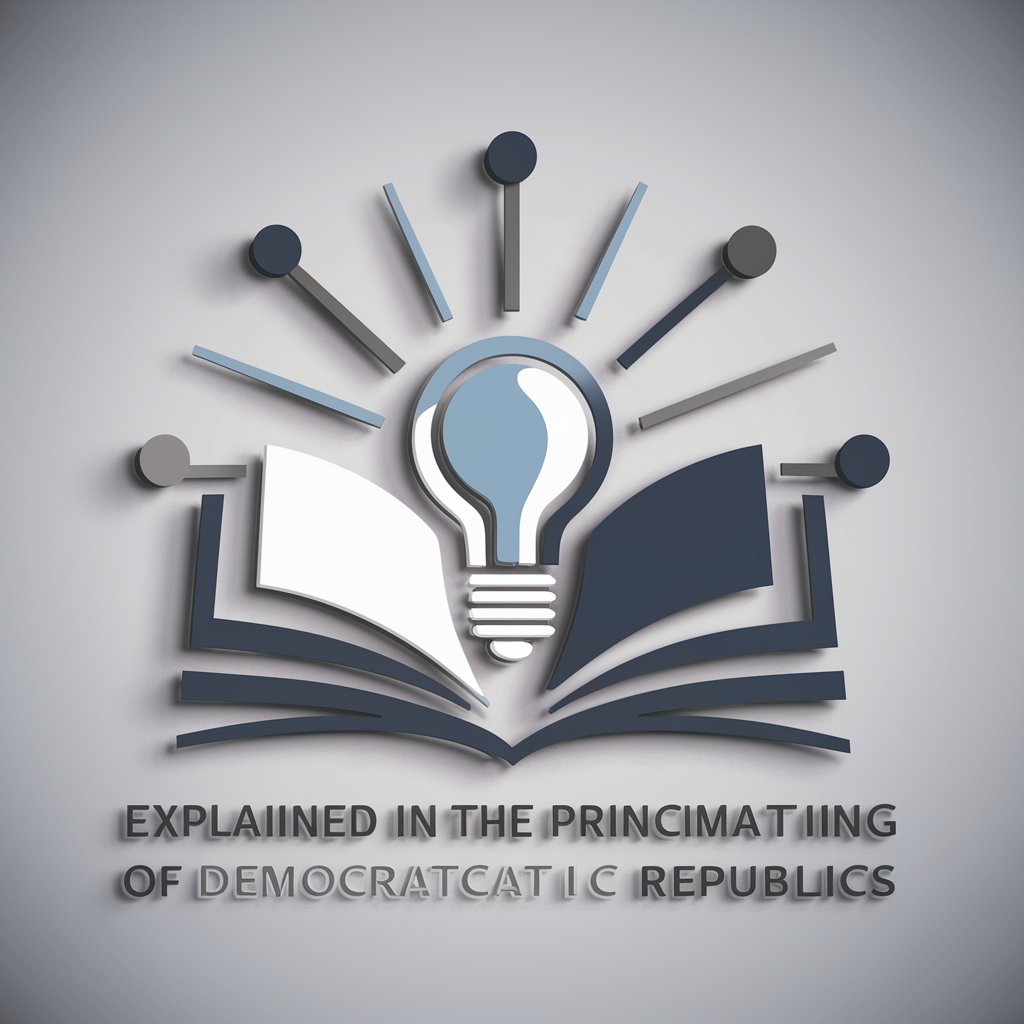
Hello! Let's explore the world of democratic republics together.
Empowering Political Understanding with AI
Explain the fundamental principles of a democratic republic.
What are the key differences between a democratic republic and other forms of government?
How does the election process work in a democratic republic?
What are the advantages and challenges of a democratic republic system?
Get Embed Code
Overview of Democratic Republic
A Democratic Republic is a form of government operating on principles combining elements of democracy with republican governance. Its core design purpose is to represent the interests of the populace through elected officials, who execute laws and policies within a framework that balances majority rule with protections for individual and minority rights. This system ensures that power is not concentrated in a single individual or entity, promoting a division of powers among different branches of government, typically including executive, legislative, and judicial branches. An illustrative example is the United States, where the President (executive branch), Congress (legislative branch), and the Supreme Court (judicial branch) operate within a constitutional framework to ensure checks and balances. Another scenario demonstrating its principles is the process of electing representatives; citizens vote for their representatives, who then make legislative decisions on their behalf, ensuring that the government reflects the will of the people while safeguarding against direct mob rule. Powered by ChatGPT-4o。

Key Functions of Democratic Republic Systems
Representation of the populace
Example
In Germany, citizens vote for members of the Bundestag, who then pass laws and govern the country reflecting the electorate's preferences.
Scenario
This ensures that the government's actions align with the public's will, enabling a responsive and accountable governance structure.
Protection of rights and freedoms
Example
The Constitution of India provides a framework for protecting individual rights, ensuring that the government cannot infringe upon these freedoms without due process.
Scenario
This function is crucial for maintaining the rule of law and ensuring that minority groups are protected against potential abuses by the majority or the government itself.
Separation of powers
Example
In France, the executive power is divided between the President and the Prime Minister, while legislative power is vested in the Parliament, and the judiciary is independent.
Scenario
This division prevents the concentration of power in any one branch, promoting a balance that helps to protect democratic principles and prevent tyranny.
Target Users of Democratic Republic Insights
Students and Educators
Individuals engaged in the study or teaching of political science, civics, or international relations would benefit from a comprehensive understanding of democratic republic systems. This knowledge is crucial for fostering informed citizenship and preparing the next generation of leaders.
Policy Makers and Government Officials
Those involved in crafting and implementing policy can utilize insights into the functioning of democratic republics to ensure governance aligns with democratic principles, promoting effective and equitable decision-making processes.
General Public with an Interest in Politics
Citizens seeking to better understand their government's structure and operations can gain valuable insights, empowering them to participate more effectively in the democratic process and advocate for their rights and interests.

How to Use Democratic Republic
Start your journey
Begin by accessing yeschat.ai for an initial exploration without the need for signing up or subscribing to ChatGPT Plus.
Explore features
Familiarize yourself with the platform's capabilities, focusing on the educational tools and resources related to democratic republic systems.
Define your query
Clearly articulate your question or topic of interest regarding democratic republics to ensure relevant and accurate responses.
Engage with the tool
Interact with the Democratic Republic by posing your questions, and use the insights provided to deepen your understanding of political systems.
Utilize feedback
Provide feedback on the responses to refine the tool's accuracy and relevance for future inquiries.
Try other advanced and practical GPTs
Parade
Discover World Parades with AI

Dobby
Empowering Your Potential with AI

Bluetooth Device
Empowering seamless wireless connections

Article present
Decipher articles with AI-powered clarity.
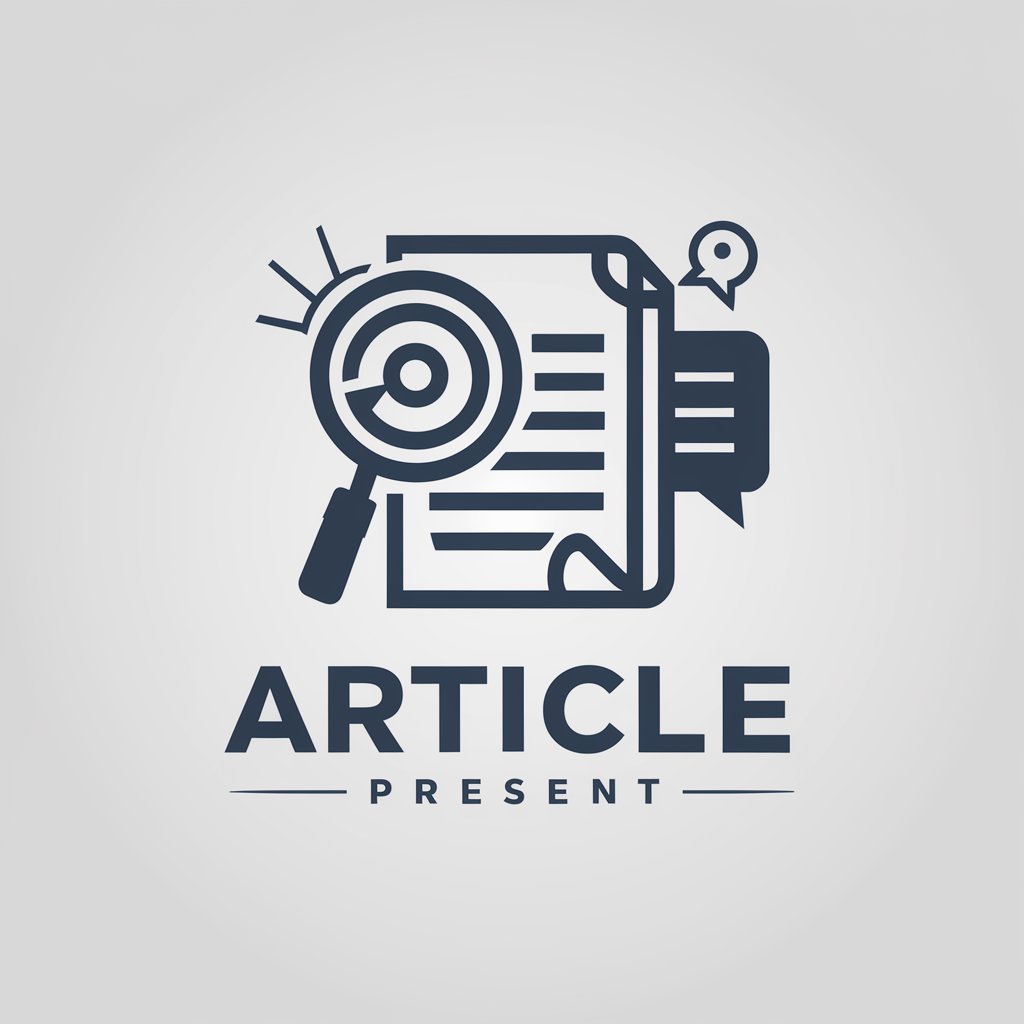
VersaWrite
Elevate Your Writing with AI-Powered Precision

Copy Expert
Craft compelling copy with AI

PT Charlie 2.0
Empowering back pain management with AI
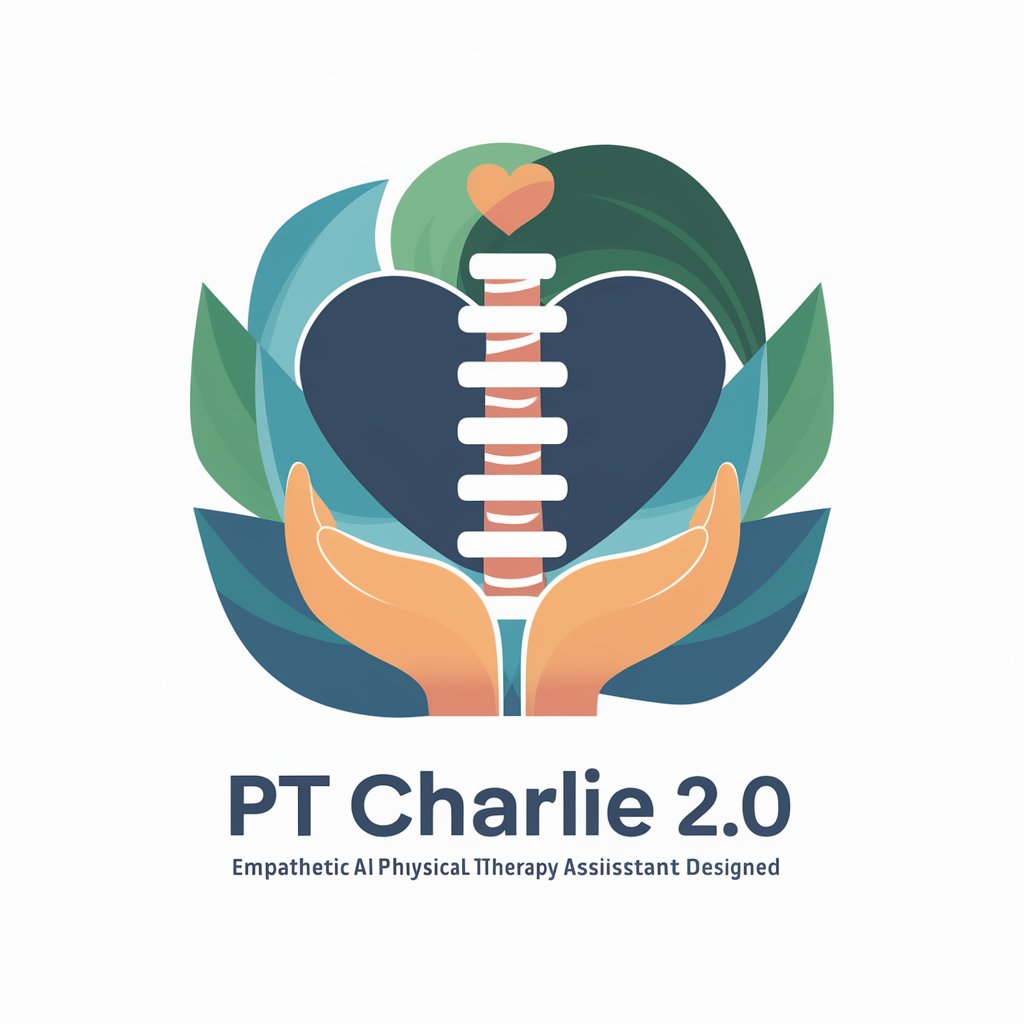
Heating Blanket
Warmth and comfort, AI-powered

Sebastian Triply
Empower Your Mobility Management with AI
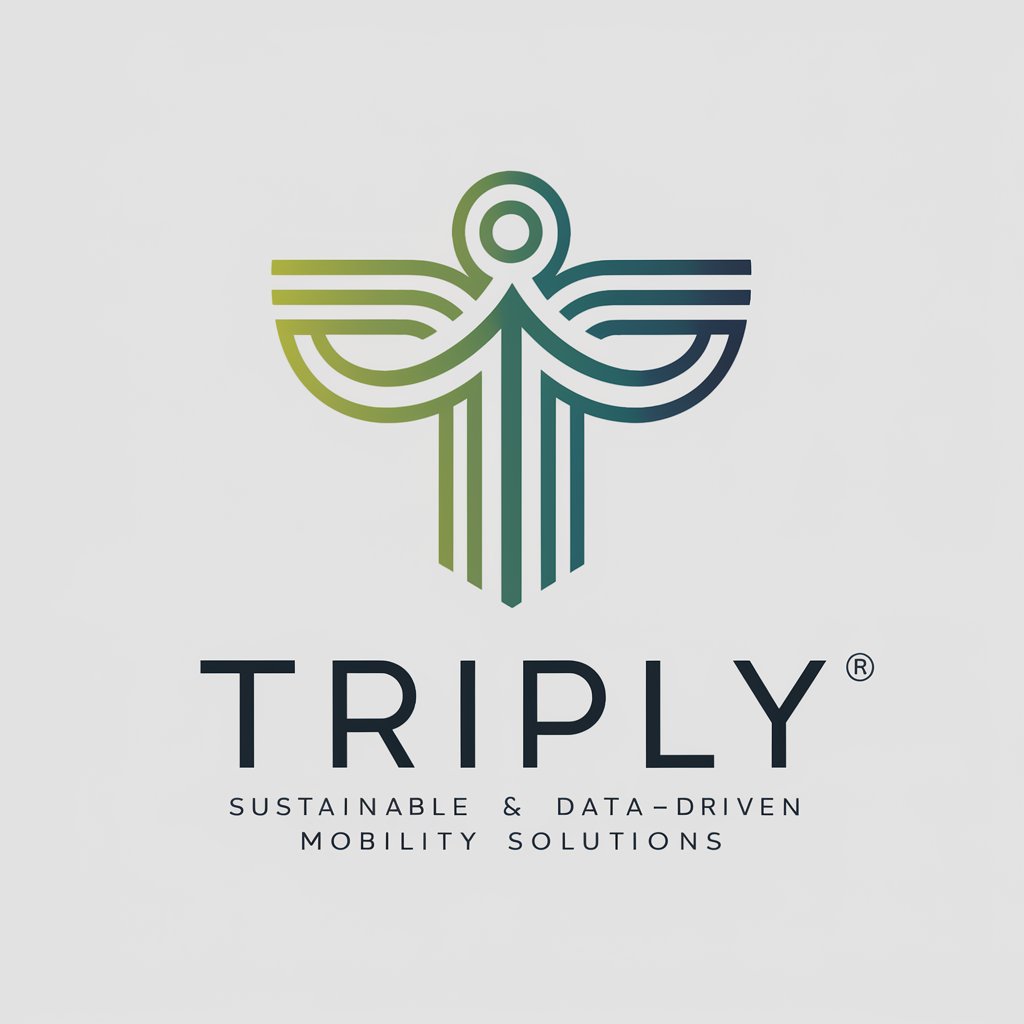
Poison Ivy
Navigate nature safely with AI-powered plant ID

Payday Lending
Empowering Financial Decisions with AI
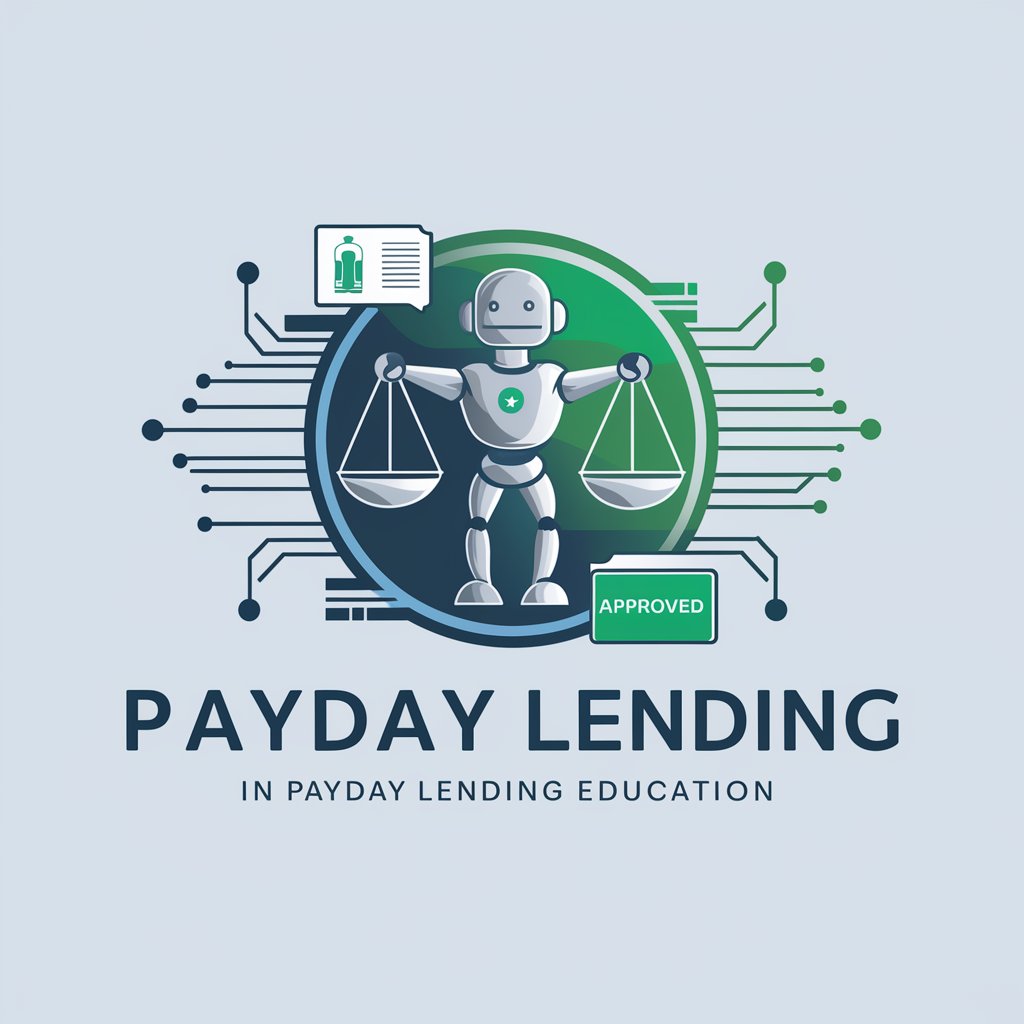
Seller Assistant
Optimize sales with AI-driven insights

Frequently Asked Questions about Democratic Republic
What is a democratic republic?
A democratic republic is a form of government where the power rests with the people who elect representatives to make policy and governance decisions on their behalf, within the framework of a constitution that guarantees rights and freedoms.
How does a democratic republic differ from a pure democracy?
In a pure democracy, decisions are made directly by the people, often through referendums or assemblies. In a democratic republic, the people elect representatives who then make decisions, which allows for a more manageable governance structure, especially in larger nations.
What are the key principles of a democratic republic?
Key principles include the rule of law, protection of individual rights and freedoms, the separation of powers among different branches of government, and the conduct of free and fair elections.
Can a democratic republic also be a federal system?
Yes, a democratic republic can also adopt a federal system where governance is divided between a central (federal) government and individual states or provinces, each with its own set of powers.
How does a democratic republic ensure the protection of minority rights?
Through the constitution and legal framework, which include checks and balances among branches of government, independent judiciary, and often a bill of rights or similar document that enshrines the protection of individual and minority rights against the tyranny of the majority.
